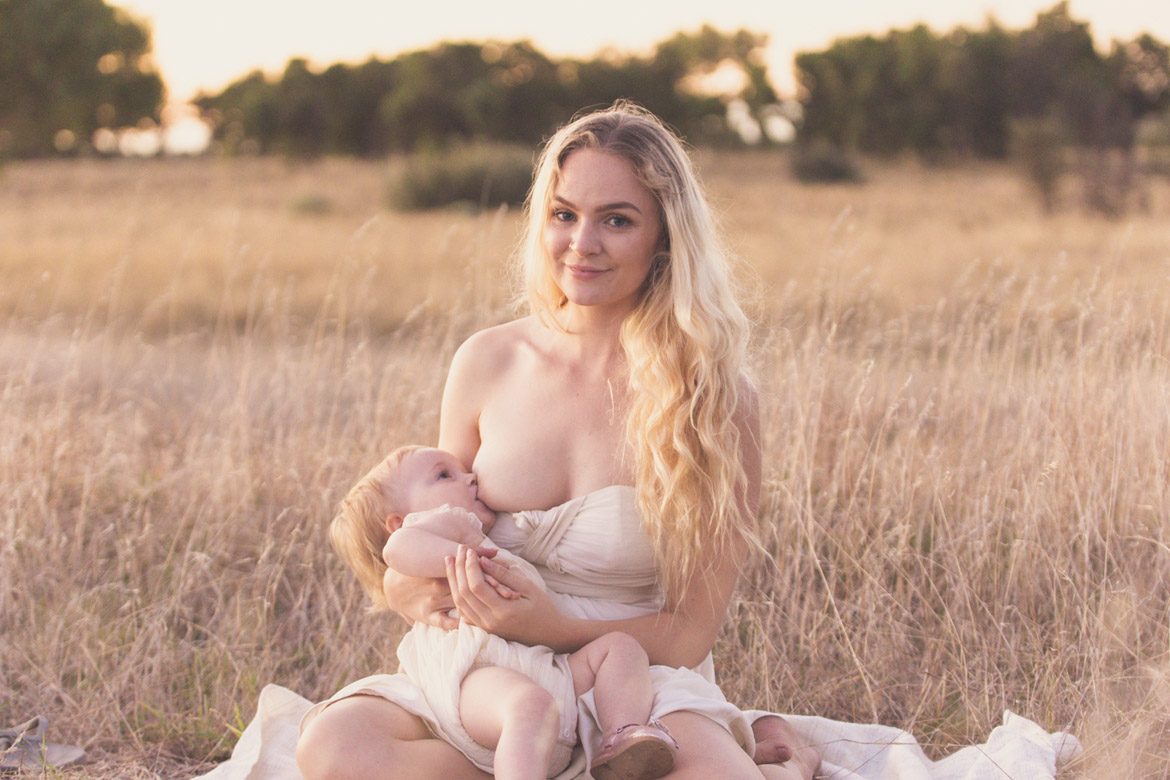By Rowena Gray, IBCLC
Have you had people tell you that your baby is “too old to be breastfeeding” or that “your breast milk is no longer nutritious”? Do your friends and relatives (and complete strangers actually!) ask “Are you still breastfeeding him?”, or “When are you going to stop breastfeeding?” How long is too long to continue breastfeeding? Do the benefits suddenly stop after one year?
Breastfeeding beyond your baby’s first birthday is usually referred to as extended breastfeeding. But I think this suggests it’s going on for longer than normal so let’s just call it continued breastfeeding and acknowledge it as a child’s normal and natural breastfeeding term. Weaning begins when baby starts reducing his number of feeds towards his natural progression of ceasing breastfeeding. Apart from your breastfeeding journey being no-one’s business but yours, the reality is that babies wean when they’re ready to and for some this is well after their first or second birthday.
And it’s OK. It’s normal.
Breastfeeding beyond your baby’s first birthday is usually referred to as extended breastfeeding. But I think this suggests it’s going on for longer than normal so let’s just call it continued breastfeeding and acknowledge it as a child’s normal and natural breastfeeding term.
Breastfeeding beyond the first year is recommended!
The World Health Organisation recommend exclusive breastfeeding for baby’s first 6 months and then to continue breastfeeding for 2 years and beyond. The health benefits of breastfeeding in the first 12 months are very well documented. But what happens to the quality of breast milk after your little one’s first birthday? Does the nutritional content and immune factors have use-by dates? Absolutely not! No matter how long you and your little one continue to breastfeed the nutritional, immunological and developmental benefits remain. The science of breastfeeding and breast milk is mind boggling and researchers are still discovering all the benefits they have to offer. We may never discover them all.
But won’t my baby become too attached to me?
The idea that continued breastfeeding causes a lack of self confidence in children is just not true. In fact the opposite is true. Research shows the secure bond with mum instills confidence, independence and a greater ability to make close friendships when babies are free to move into childhood at their own pace. Continued breastfeeding helps babies cope with the many changes that occur throughout childhood and helps them learn to calm their fears and frustrations later in life. The natural weaning time is different for each child and research suggests that weaning from breastfeeding before they are developmentally ready is what can cause them to be clingy and “too attached”.
And let’s also acknowledge that the act of breastfeeding a toddler is not always a picture of calm and relaxation – breastfeeding can become more of an endurance sport than an act of nurture what with fussing through teething, stretching and pulling on your nipples, biting, baby preferring his butt in the air or his leg in your ear whilst feeding, popping on and off the boob as he’s constantly distracted… (and the list goes on). These struggles alone may sometimes have you secretly wishing your baby would wean sooner than later! So it’s not as though mothers continue to breastfeed for a quiet and calming break in the day!
See next page for the rest of the article…











